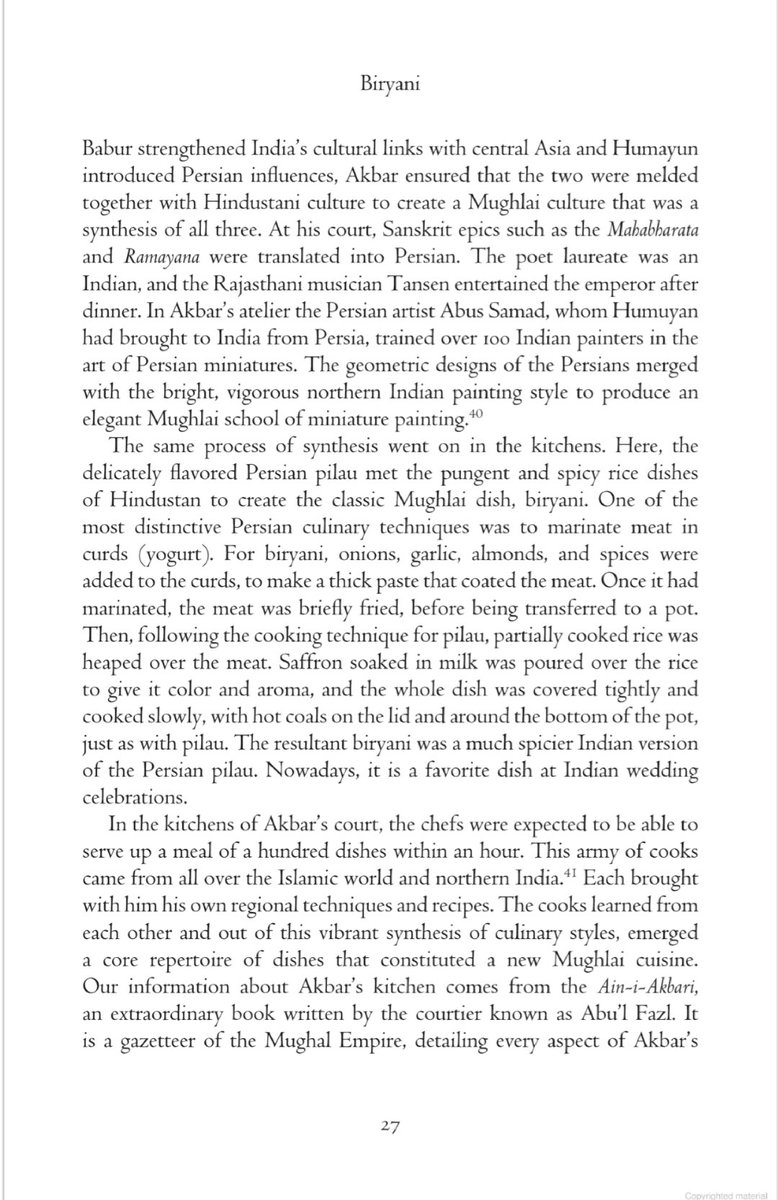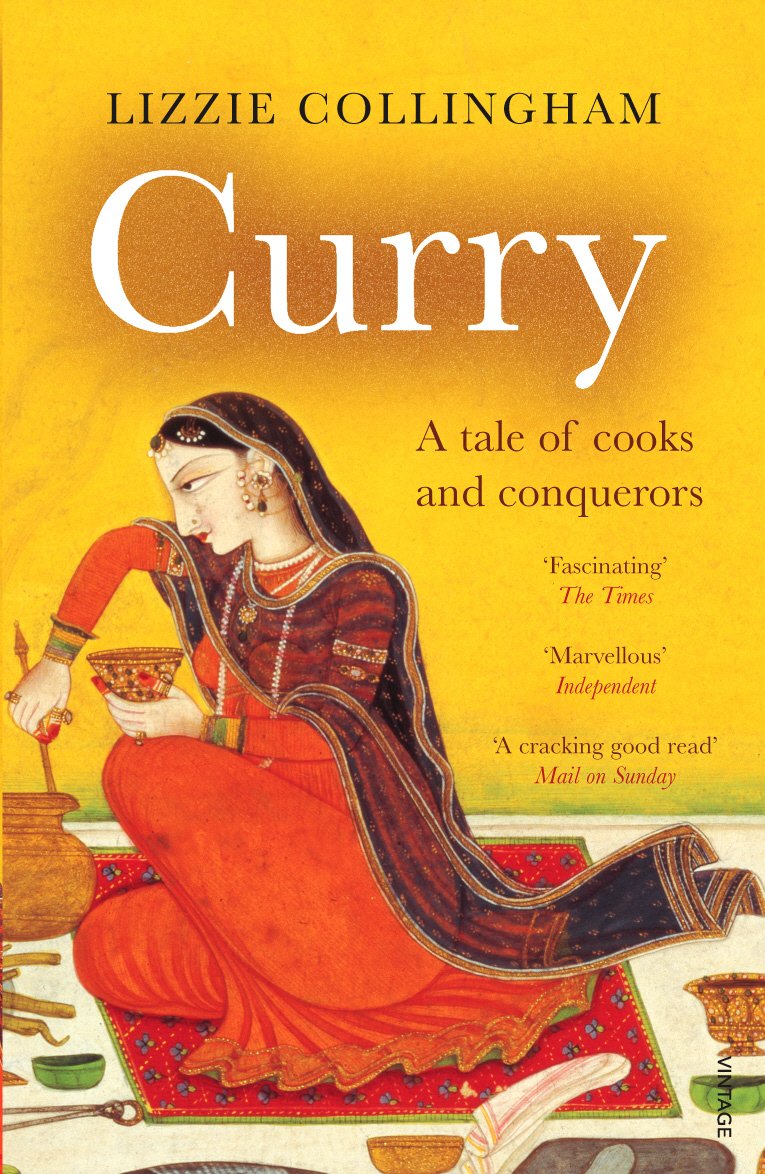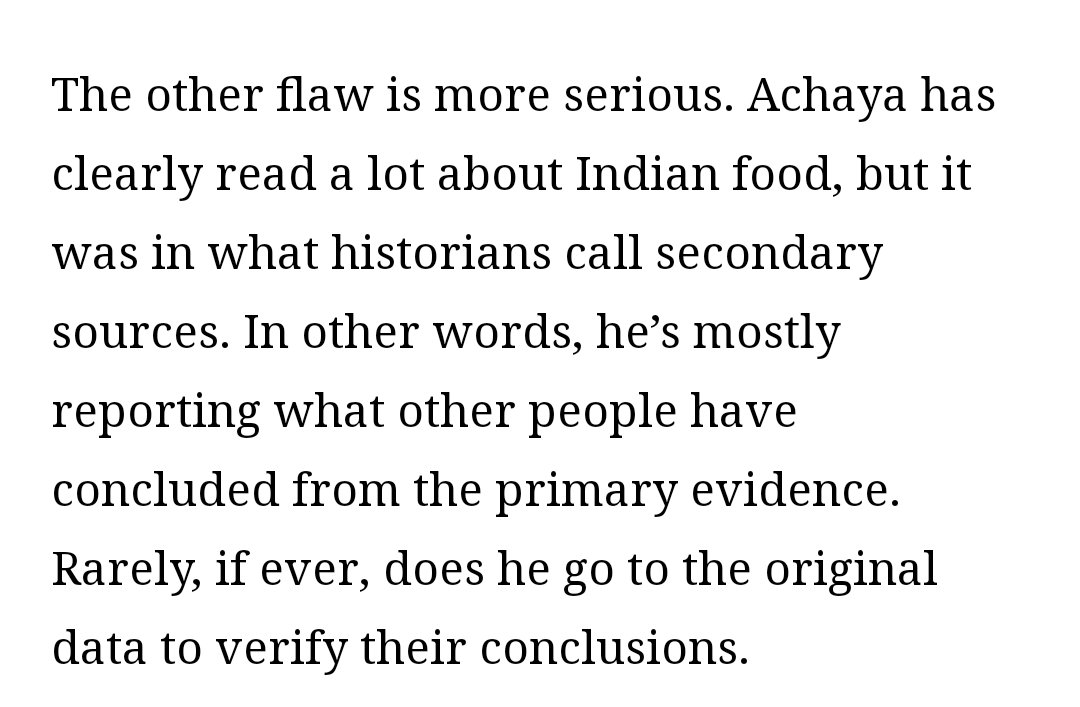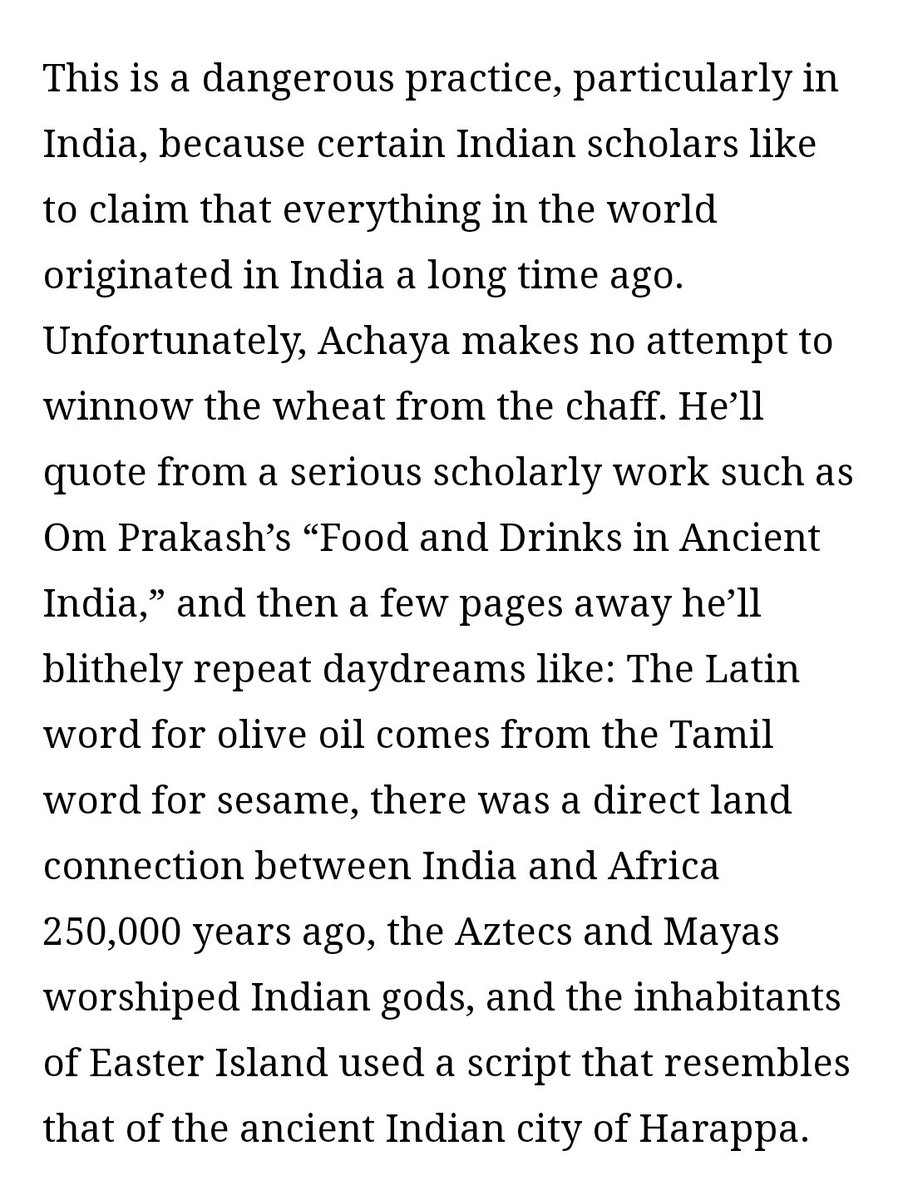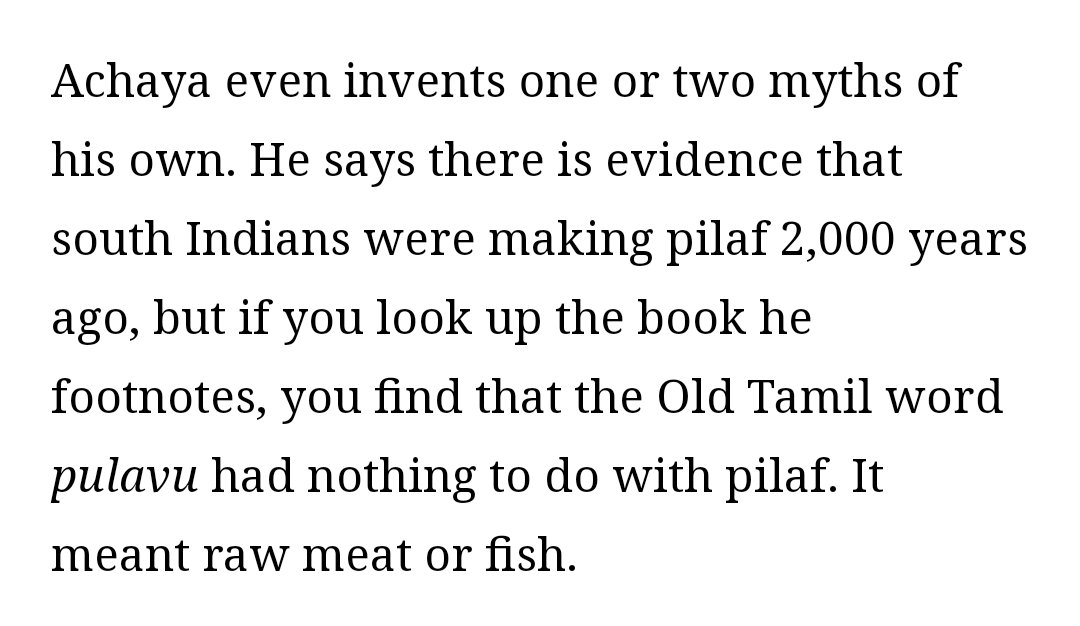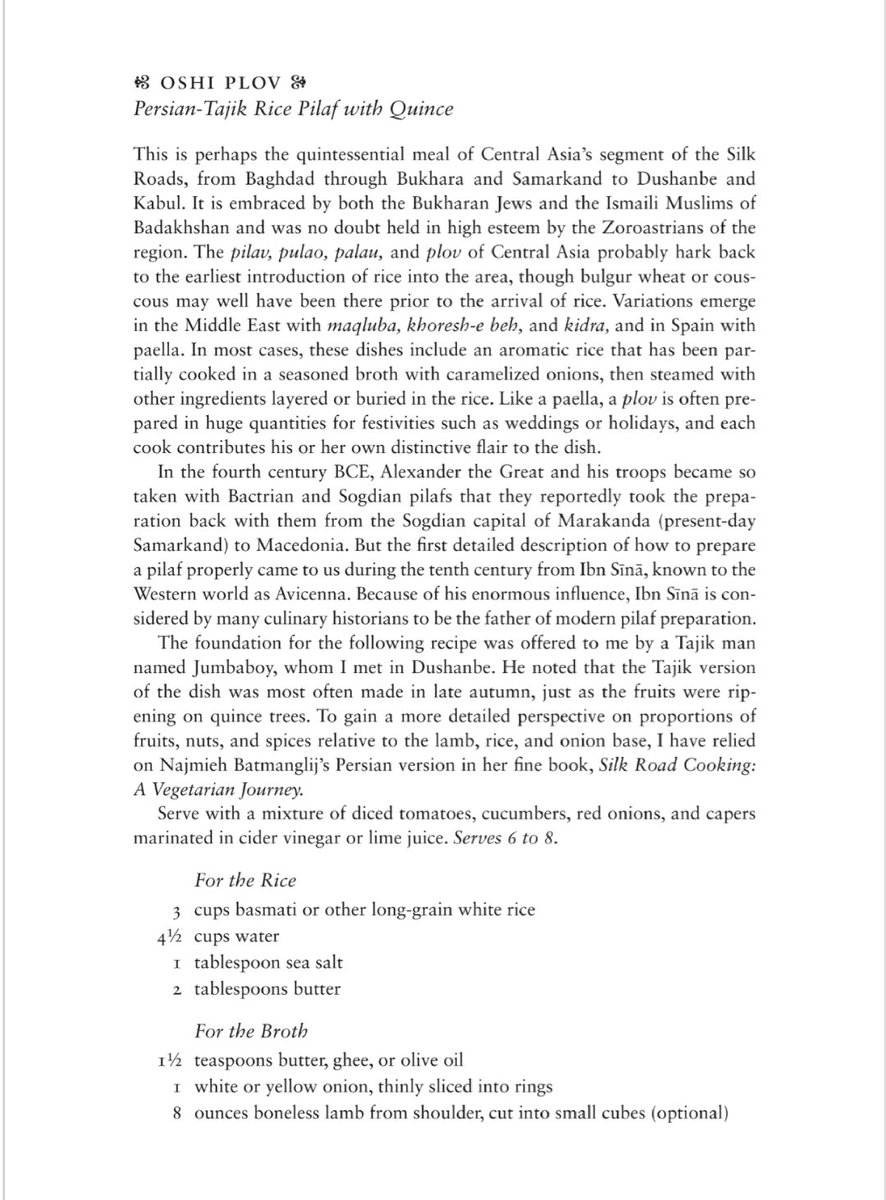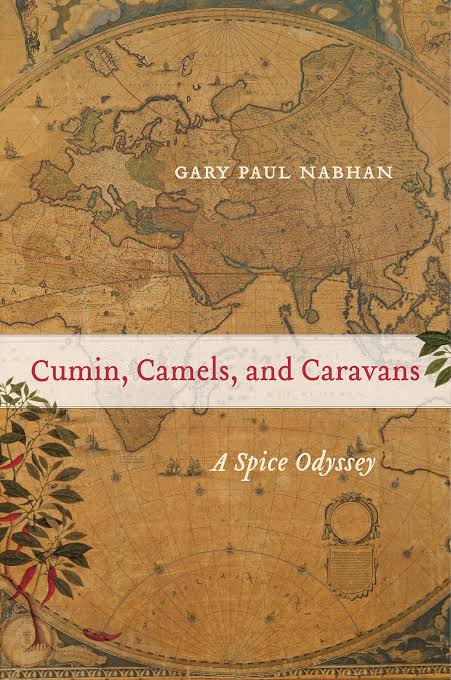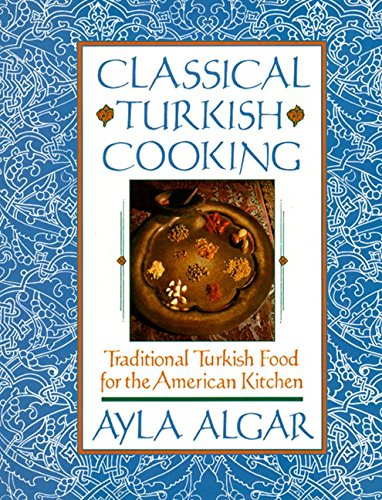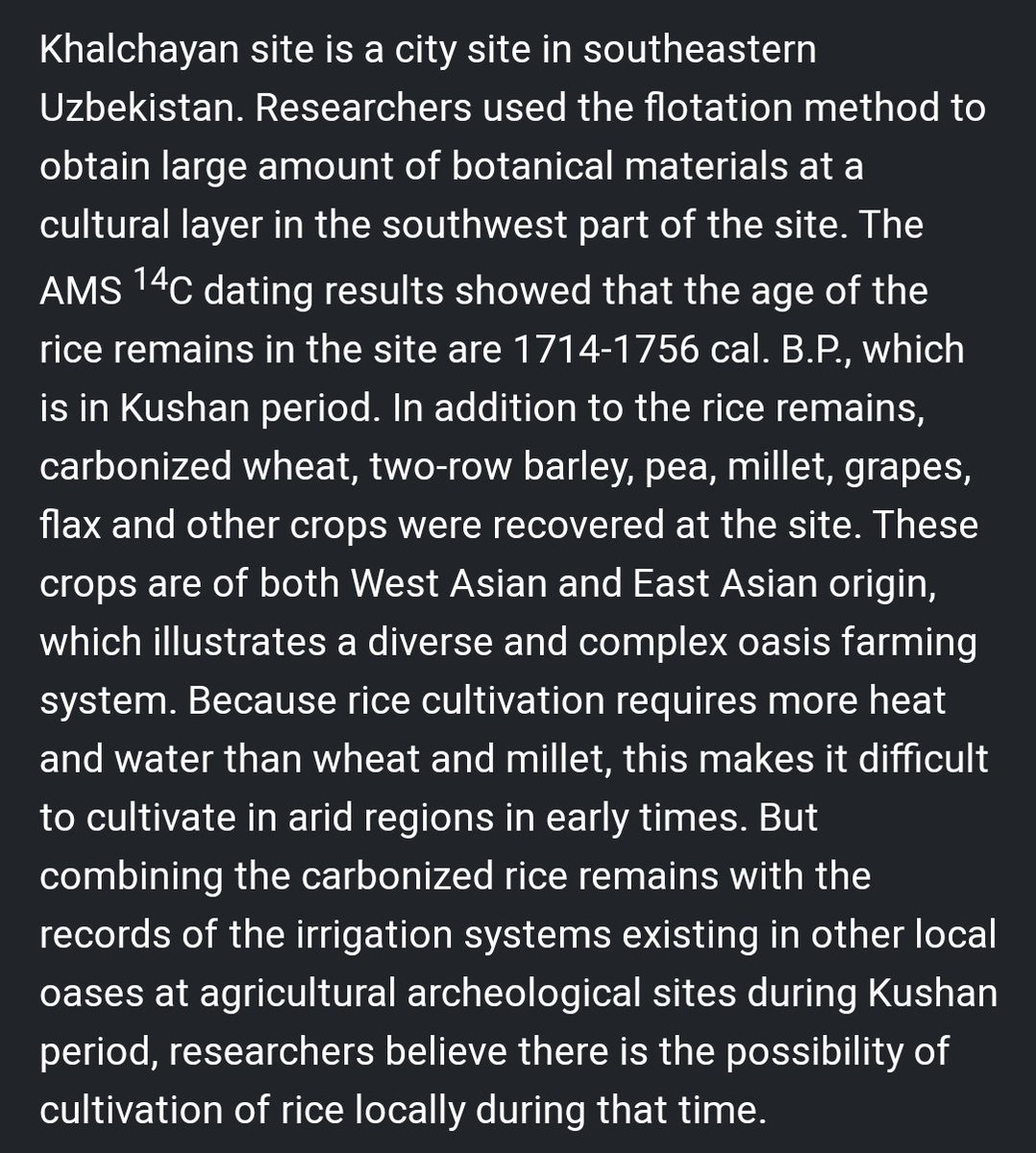[QUICK THREAD: WHOSE BIRYANI?]
1/9
The following screenshot landed in my DM this morning. Found it intriguing, so decided to waste some time on it. This very short thread is about what I learned.
(screenshot courtesy @Prattyasamutpd1)
1/9
The following screenshot landed in my DM this morning. Found it intriguing, so decided to waste some time on it. This very short thread is about what I learned.
(screenshot courtesy @Prattyasamutpd1)
2/9
The claim that rice cultivation originated in India is debatable at best. There& #39;s two conflicting origin stories. One says it started in China, the other days India, the jury still being out on which one& #39;s older.
https://www.ucl.ac.uk/rice/history-rice/debating-origins-rice
https://www.ucl.ac.uk/rice/hist... href=" https://www.nature.com/articles/nature11532">https://www.nature.com/articles/...
The claim that rice cultivation originated in India is debatable at best. There& #39;s two conflicting origin stories. One says it started in China, the other days India, the jury still being out on which one& #39;s older.
https://www.ucl.ac.uk/rice/history-rice/debating-origins-rice
3/9
Even if rice did originate in India (a claim not conclusively supported by evidence yet), a dish doesn& #39;t belong to you if an ingredient came from your country. By that measure, Indians should shun wheat and buffalo milk. Idiotic, right?
https://web.archive.org/web/20130403220809if_/http://www.ias.ac.in/jbiosci/dec2009/Witzel_fulltext">https://web.archive.org/web/20130...
Even if rice did originate in India (a claim not conclusively supported by evidence yet), a dish doesn& #39;t belong to you if an ingredient came from your country. By that measure, Indians should shun wheat and buffalo milk. Idiotic, right?
https://web.archive.org/web/20130403220809if_/http://www.ias.ac.in/jbiosci/dec2009/Witzel_fulltext">https://web.archive.org/web/20130...
3/9
Biryani, sure that thing in its present form originated in India. But where in India and how? It was in the Mughal kitchens as a synthesis of Indian and Persian cuisines. Not sure how it gives any one community it nationality a right over it.
Biryani, sure that thing in its present form originated in India. But where in India and how? It was in the Mughal kitchens as a synthesis of Indian and Persian cuisines. Not sure how it gives any one community it nationality a right over it.
4/9
So, as anyway established, biryani originated in a Mughal kitchen as an Indian corruption of Persian pilaf. Now, some say pilaf is a corruption of Sanskrit pulao. At least one Indian author concludes on those lines. His name is K T Achaya.
So, as anyway established, biryani originated in a Mughal kitchen as an Indian corruption of Persian pilaf. Now, some say pilaf is a corruption of Sanskrit pulao. At least one Indian author concludes on those lines. His name is K T Achaya.
5/9
In his book titled "Indian Food, A Historical Companion," Achaya claims that pulao finds a mention in Yajnavalkya Smriti, a Sanskrit text from around 400AD. Problem is, Achaya& #39;s reliability. Here& #39;s a critique shedding him to smithereens.
https://www.latimes.com/archives/la-xpm-1994-12-15-fo-9100-story.html">https://www.latimes.com/archives/...
In his book titled "Indian Food, A Historical Companion," Achaya claims that pulao finds a mention in Yajnavalkya Smriti, a Sanskrit text from around 400AD. Problem is, Achaya& #39;s reliability. Here& #39;s a critique shedding him to smithereens.
https://www.latimes.com/archives/la-xpm-1994-12-15-fo-9100-story.html">https://www.latimes.com/archives/...
6/9
So where does pilaf come from anyway? The first documented recipe can be traced back to a very precise name, Ibn Sīnā. That& #39;s why he& #39;s considered the father of modern pilaf. This man certainly isn& #39;t Indian.
So where does pilaf come from anyway? The first documented recipe can be traced back to a very precise name, Ibn Sīnā. That& #39;s why he& #39;s considered the father of modern pilaf. This man certainly isn& #39;t Indian.
7/9
The second primary reference to pilaf comes from the 16th century Persian philosopher, Mullā Ṣadrā. Again, no mention of India other than in the context of the Mughals. Also, do note what it says about rice cultivation in Iran long before the arrival of the Turks.
The second primary reference to pilaf comes from the 16th century Persian philosopher, Mullā Ṣadrā. Again, no mention of India other than in the context of the Mughals. Also, do note what it says about rice cultivation in Iran long before the arrival of the Turks.
8/9
So Indology claims ancient Hindus were coming biryani because rice doesn& #39;t grow in the original Mughal homeland. Okay, that& #39;d be Uzbekistan. Well, the region has known rice since at least 400AD. Babur came to India in 1505.
https://phys.org/news/2020-05-ancient-cultivated-rice-central-asia.html">https://phys.org/news/2020...
So Indology claims ancient Hindus were coming biryani because rice doesn& #39;t grow in the original Mughal homeland. Okay, that& #39;d be Uzbekistan. Well, the region has known rice since at least 400AD. Babur came to India in 1505.
https://phys.org/news/2020-05-ancient-cultivated-rice-central-asia.html">https://phys.org/news/2020...
9/9
Conclusion? Biryani is as Muslim as the kebabs, and as Indian as the cooks that invented it. Anyone who claims it because one of its ingredients "supposedly" came from india should immediately give up potatoes, tomatoes, chillies, and much, much more.
Conclusion? Biryani is as Muslim as the kebabs, and as Indian as the cooks that invented it. Anyone who claims it because one of its ingredients "supposedly" came from india should immediately give up potatoes, tomatoes, chillies, and much, much more.

 Read on Twitter
Read on Twitter![[QUICK THREAD: WHOSE BIRYANI?]1/9The following screenshot landed in my DM this morning. Found it intriguing, so decided to waste some time on it. This very short thread is about what I learned.(screenshot courtesy @Prattyasamutpd1) [QUICK THREAD: WHOSE BIRYANI?]1/9The following screenshot landed in my DM this morning. Found it intriguing, so decided to waste some time on it. This very short thread is about what I learned.(screenshot courtesy @Prattyasamutpd1)](https://pbs.twimg.com/media/EkhB1_JVMAAJwG9.jpg)
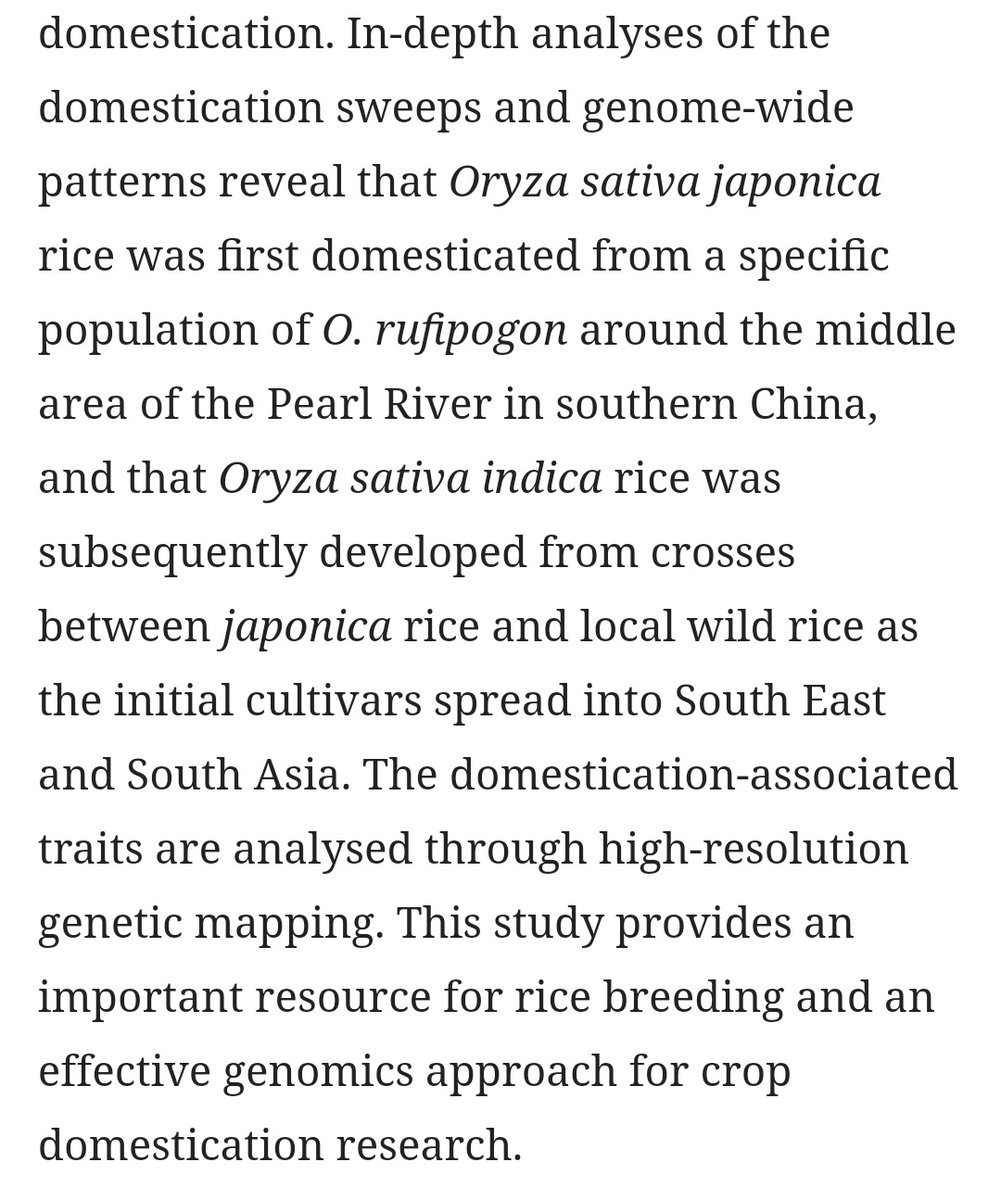 https://www.nature.com/articles/..." title="2/9The claim that rice cultivation originated in India is debatable at best. There& #39;s two conflicting origin stories. One says it started in China, the other days India, the jury still being out on which one& #39;s older. https://www.ucl.ac.uk/rice/hist... href=" https://www.nature.com/articles/nature11532">https://www.nature.com/articles/..." class="img-responsive" style="max-width:100%;"/>
https://www.nature.com/articles/..." title="2/9The claim that rice cultivation originated in India is debatable at best. There& #39;s two conflicting origin stories. One says it started in China, the other days India, the jury still being out on which one& #39;s older. https://www.ucl.ac.uk/rice/hist... href=" https://www.nature.com/articles/nature11532">https://www.nature.com/articles/..." class="img-responsive" style="max-width:100%;"/>

